Preventive Healthcare
Diarrhea: Symptoms, Causes, Types, Complications and Treatment
55075 Views
0
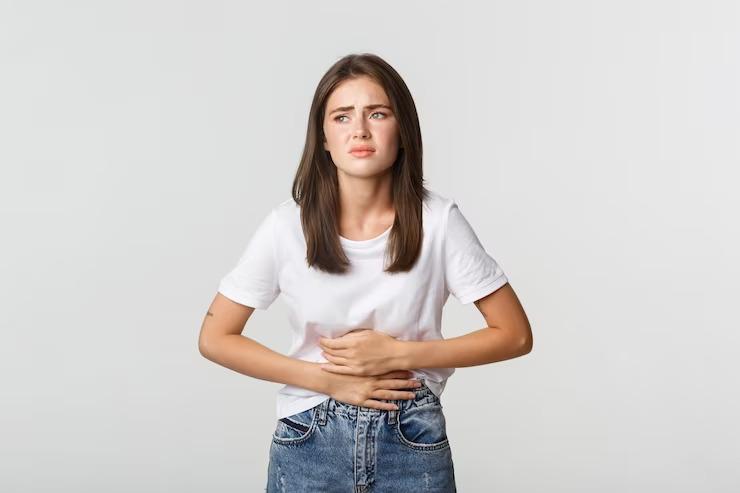
You might have experienced Diarrhea at some point in your life. Diarrhea causes loose and watery bowel movements. Usually, there is no specific reason behind this; our body cures this problem by itself. A bacterial infection causes Diarrhea, and dehydration is a dangerous side effect.
With Diarrhea, you have to go to the bathroom frequently, and you may feel bloated, with lower abdominal cramping and sometimes nausea.
Diarrhea happens for a limited period but can lead to serious complications like dehydration, electrolyte imbalance, or even kidney failure. In Diarrhea, our body loses plenty of water and stool; hence you need to drink plenty of fluids to replace what is lost.
Different Types of Diarrhea

Diarrhea is classified into different types based on its severity.
- Acute Diarrhea: It is the most common type in which you lose a lot of water from the body and can last for 1 or 2 days. Such a condition doesn’t need any treatment, and you will be alright within a few days.
- Persistent Diarrhea: This type of Diarrhea can last around 2-4 weeks.
- Chronic Diarrhea: Diarrhea which either comes and goes regularly or lasts for more than 4 weeks comes under chronic conditions.
Causes of Diarrhea
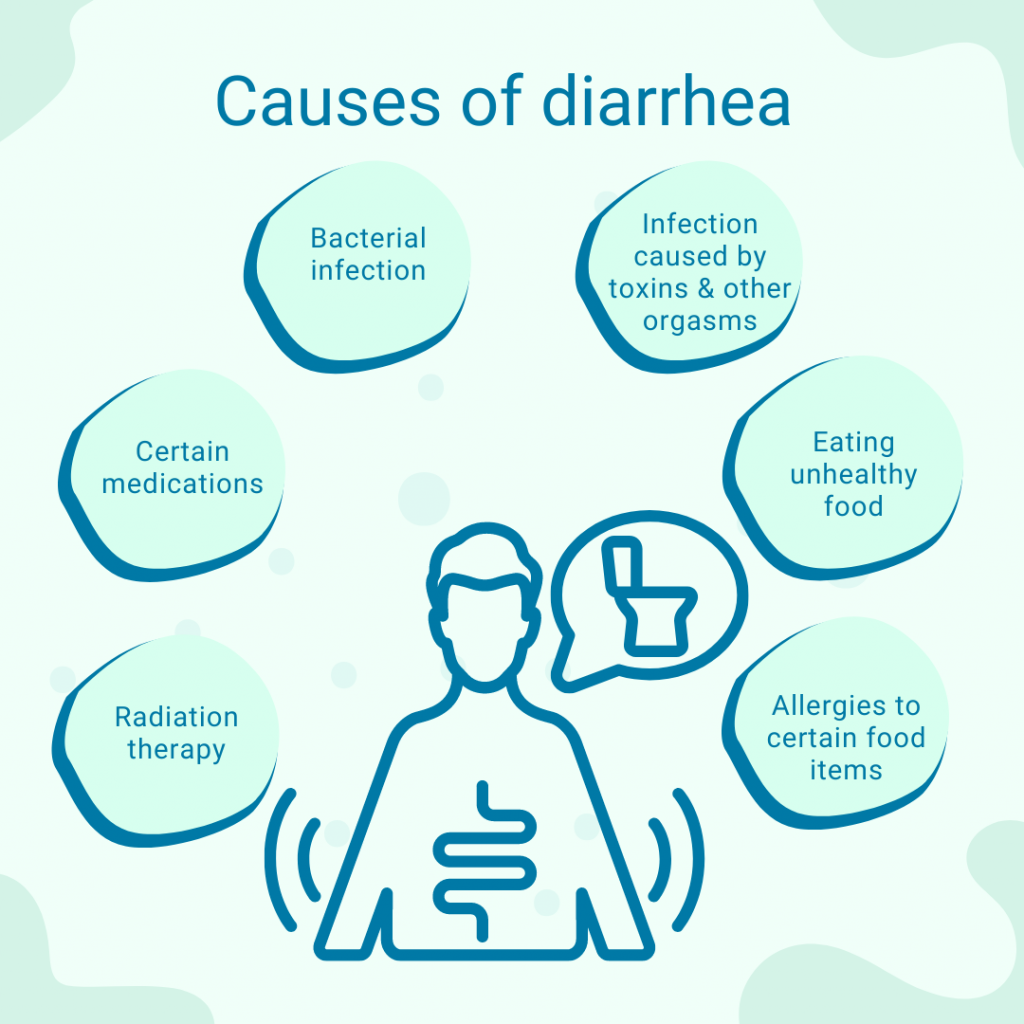
Common causes of Diarrhea are usually not identified. The most common cause is a virus that infects our bowels. Such an infection usually lasts 2-3 days, known as “intestinal flu”.
Other possible reasons behind Diarrhea are:
- Bacterial infection
- Infections that were caused by pre-formed toxins and other organisms
- Eating unhealthy food causes stomach upset
- Allergies to certain food items
- Radiation therapy
- Certain medications
Symptoms of Diarrhea
Diarrhea symptoms depend on their severity and reason. Usually, the symptoms of Diarrhea include loose or watery stools, but there are some more symptoms which include:
- Cramps or bloating in the abdomen
- Strong urge for bowel movement
- Nausea
In case of severe Diarrhea, you may experience the following symptoms:

- Weight loss
- Fever
- Dehydration
- Vomiting
- Severe pain
- Blood
Severe Diarrhea can cause complications. Contact your healthcare provider if you experience the above-mentioned severe symptoms.
Complications of Diarrhea
Diarrhea has two major complications: dehydration (which happens because of frequent or severe Diarrhea) and malabsorption (because of chronic Diarrhea).
Diarrhea can also be an indication of serious underlying conditions. Through proper treatment and diagnosis, you can avoid future problems.
Loose Motions Treatment
You can treat mild or uncomplicated Diarrhea at home. Through over-the-counter products like bismuth subsalicylate, you will feel better. However, if the cause of Diarrhea is an infection or parasite, you must consult a healthcare provider to handle this situation. It is advised not to take over-the-counter pills if Diarrhea is followed by fever or blood in the stool.
If your Diarrhea lasts longer, like more than 4 weeks, your healthcare provider will treat you based on the cause. Below are some of the different types of treatment:
- Antibiotics: Your doctor may advise you to use antibiotics to treat the parasite or infection that led to Diarrhea.
- Medication for a particular condition: You may get Diarrhea because of other medical conditions like irritable bowel syndrome (IBS), microscopic colitis, inflammatory bowel disease (IBD) or bacterial overgrowth. Once your doctor identifies the cause of Diarrhea, he can suggest medications based on that.
- Probiotics: Good bacteria are grouped to re-establish a healthy biome. Such probiotics work in some cases, and many healthcare providers try them. You must consult your doctor before starting a probiotic or any other supplement.
How to Manage Loose Motions Without Any Medications?
In the case of acute Diarrhea, you can manage it without medications. Below are some tips for managing your acute Diarrhea:
- Drink plenty of water, including balanced electrolyte fluids like fruit juices, sports drinks, caffeine-free sodas etc. You must keep your body well hydrated. Your body loses water every time you get Diarrhea. Through extra drinks, you can protect yourself from dehydration.
- Change your diet. Instead of eating fried, greasy or fatty food, try the BRAT diet:
B: Banana
R: Rice, the white one
A: Applesauce
T: Toast (white bread)
- Keep a check on your caffeine intake. Food or drinks containing caffeine are a bit laxative, which may worsen your condition. Avoid foods like coffee, strong or green tea, diet sodas or chocolate.
- In case of cramping in the abdomen, you must avoid food and drinks containing gas. These include Brussels sprouts, beans, beer, cabbage and carbonated beverages.
What to Do When Your Young Child Gets Diarrhea?
You need to consult a healthcare provider if your child is experiencing severe Diarrhea. Young children are at a higher risk of dehydration than older ones. Also, children can’t be treated in the same way as adults. Over-the-counter medications are not suitable for young children. It would help if you kept your child well-hydrated. Your healthcare provider will suggest some good options, including:
- Formula milk
- Breast milk
- Electrolyte drinks for older children (not recommended for babies).
Hydrating your child changes with age. You must check with your healthcare provider before giving the child any new liquid or medication.
Conclusion
Diarrhea is a common condition that needs to be treated properly if there are severe symptoms that need to be addressed. Metropolis Healthcare can help you with accurate blood tests and other health check-ups to diagnose your Diarrhea. Their team of qualified professionals can even visit your home to collect a sample at your convenience. You will receive the report by mail. Also, you can use the Metropolis app to check the report on your smartphone.
Final Takeaway:
- Keep yourself hydrated during Diarrhea
- Consult a doctor in case of severe Diarrhea with symptoms like blood in stools, fever etc.
- Check with your doctor before giving any medicine to young children.
- Avoid food and drinks that are gaseous or contain caffeine.








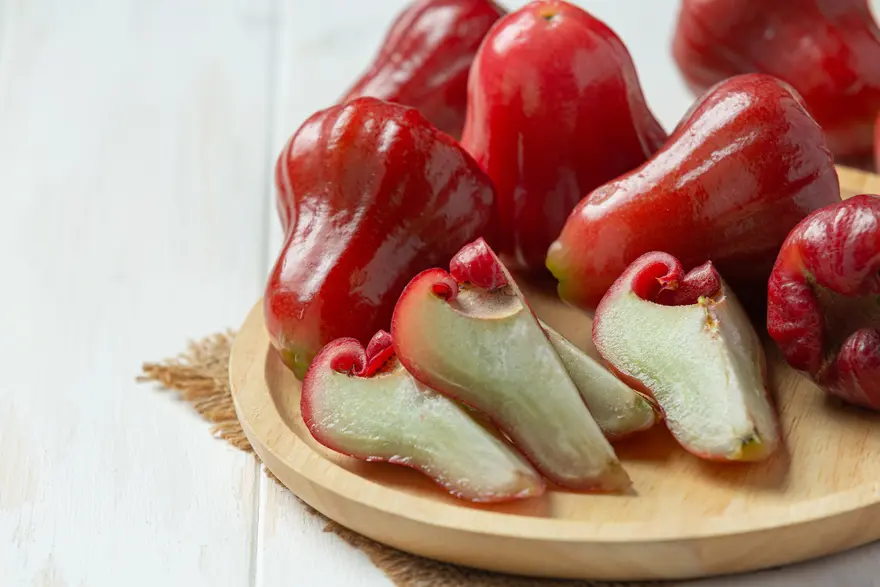

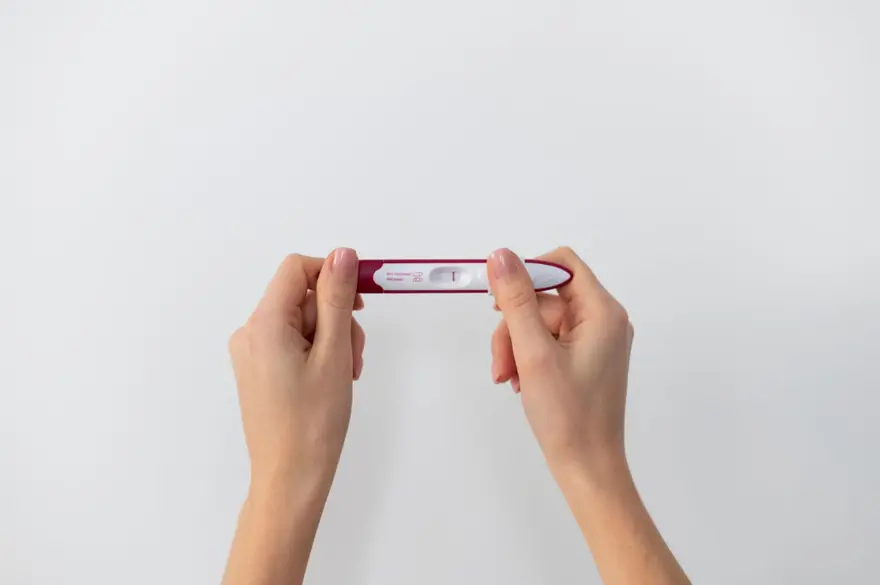

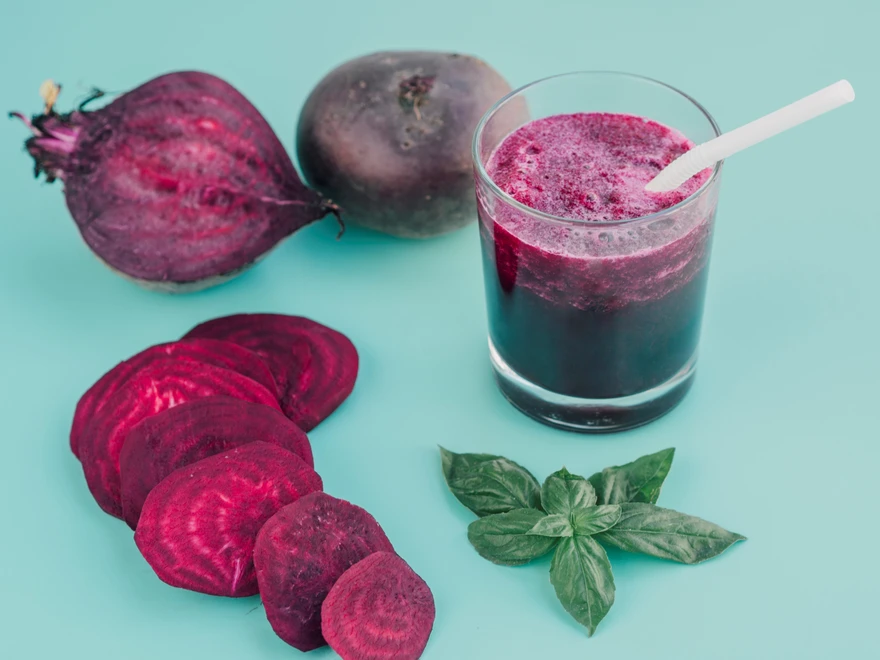










 WhatsApp
WhatsApp
